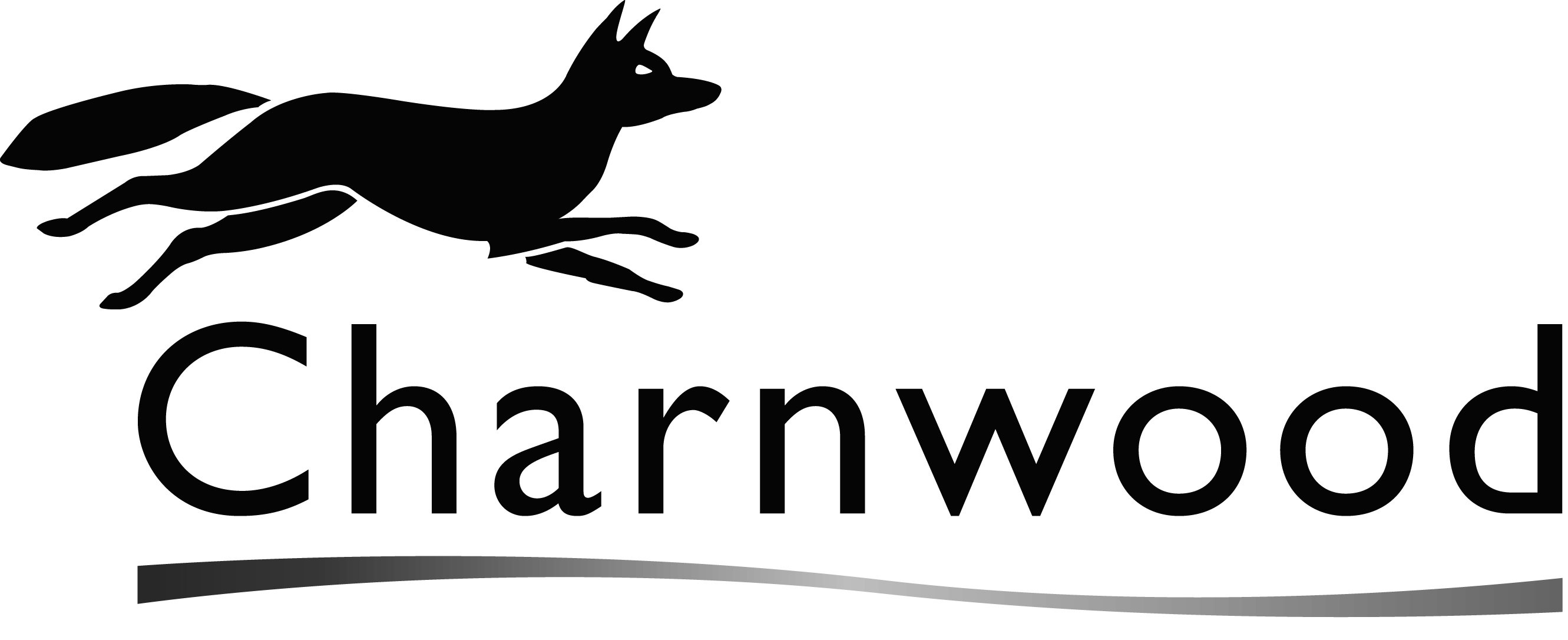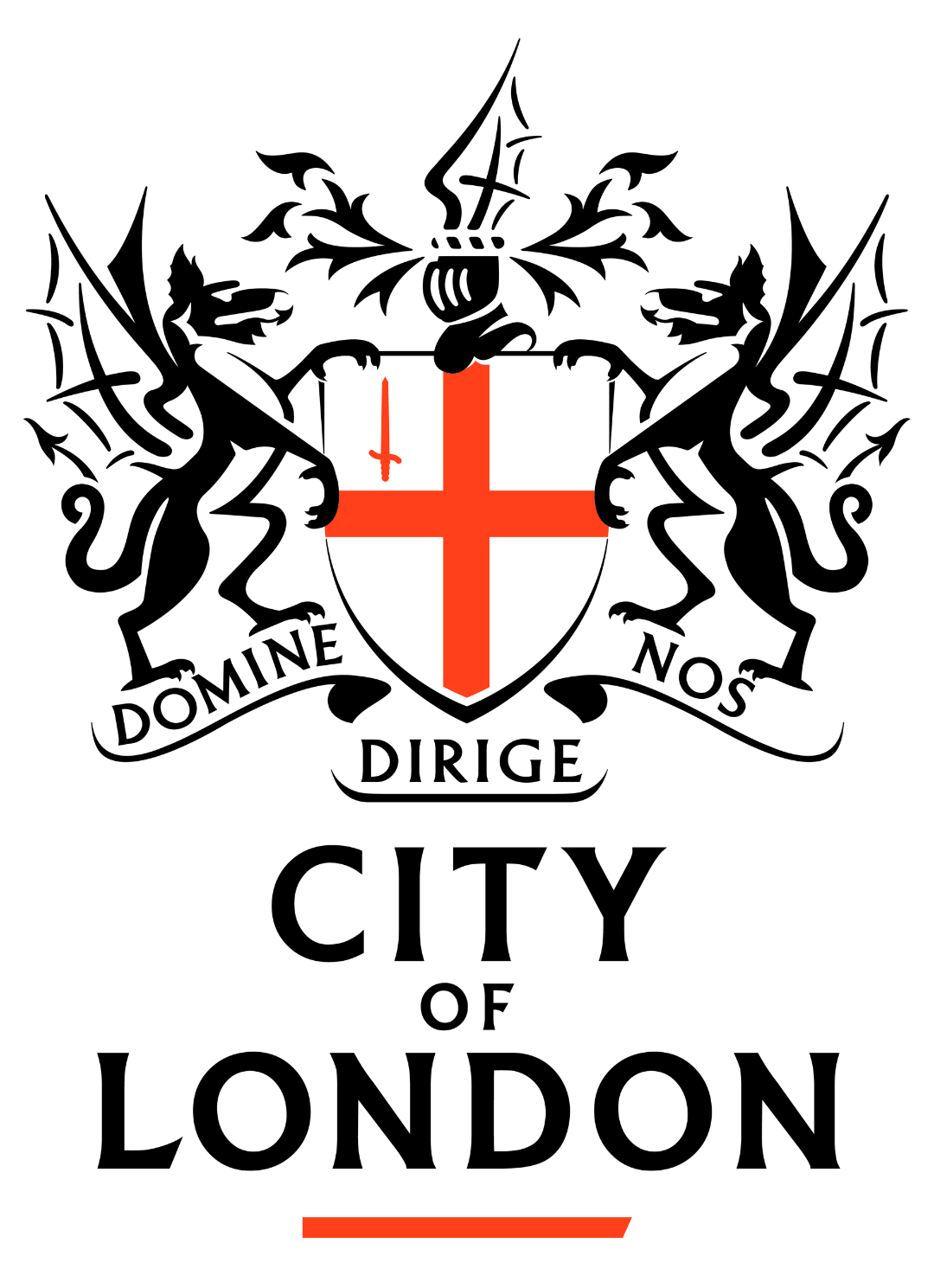Title Page
-
Business Name
-
Food Business Operator
-
Email Address
-
Conducted on
-
Inspector
-
Address
-
Signature of Person in Charge
Action Required
-
- Full report to follow
- Priority actions listed
- Revisit
- Hygiene improvement notice(s)
- Hygiene emergency prohibition notice
- Consider further legal action
- No further action
Food Hygiene and Safety Procedures
-
Hygienic handling of food including preparation, cooking, re-heating, cooling and storage
-
Action required
Structural Requirements
-
Cleanliness and condition of facilities and building (including having appropriate layout, ventilation, hand washing facilities and pest control) to enable good food hygiene
-
Action required
Confidence in Management and Control Procedures
-
System or checks in place to ensure that food is safe to eat, evidence that staff know about food safety, and there is confidence that standards will be maintained in the future
-
Action required
Full Inspection Report to Follow
-
A full inspection report will be sent to the email address you provided or sent to the business address within 14 days. This report will list the problems observed during the inspection and actions required to comply with current food law and a suggested time scale for their completion. There may also be advice about good practices.
If applicable to your business, the report will also show your food hygiene rating, how to apply for a re-rating and details about how to appeal if you feel that the score given is incorrect.
Revisit
-
Your business will be revisited to check compliance with the contraventions that were found during the inspection. The revisit may be arranged with you, or be unannounced and this will be discussed with you at the end of the inspection.
Hygiene Improvement Notice(s)
-
Hygiene Improvement Notices are served under Section 6 of The Food Safety and Hygiene (England) Regulations 2013.
If the authorised officer has reasonable grounds for believing that a food business operator is failing to comply with the Hygiene Regulations, the officer may by a hygiene improvement notice served on that person —
(a) state the officer’s grounds for believing that the food business operator is failing to comply with the Hygiene Regulations;
(b) specify the matters which constitute the food business operator’s failure to comply;
(c) specify the measures which, in the officer’s opinion, the food business operator must take in order to secure compliance; and
(d) require the food business operator to take those measures, or measures which are at least equivalent to them, within such period (not being less than 14 days) as may be specified in the notice.
Any person who fails to comply with a hygiene improvement notice commits an offence.
Hygiene Emergency Prohibition Notice
-
If an authorised officer is satisfied that the health risk condition is fulfilled and there is an imminent risk of injury to health with respect to any food business, the officer may by a notice served on the relevant food business operator impose the appropriate prohibition under Regulation 8 of The Food Safety and Hygiene (England) Regulations 2013.
If a magistrates’ court is satisfied, on the application of such an officer, that the health risk condition is fulfilled with respect to any food business, the court shall, by an order, impose the appropriate prohibition.
An officer may not apply for a hygiene emergency prohibition order unless, at least one day before the date of the application, the officer has served notice on the relevant food business operator of the intention to apply for the order.
As soon as practicable after the service of a hygiene emergency prohibition notice, an authorised officer will affix a copy of the notice in a conspicuous position on such premises used for the purposes of the food business as the officer considers appropriate, and any person who knowingly contravenes such a notice commits an offence.
As soon as practicable after the making of a hygiene emergency prohibition order, an authorised officer will —
(a)serve a copy of the order on the relevant food business operator; and
(b)affix a copy of the order in a conspicuous position on such premises used for the purposes of the food business as the officer considers appropriate,
and any person who knowingly contravenes such an order commits an offence.
A hygiene emergency prohibition notice ceases to have effect —
(a)if no application for a hygiene emergency prohibition order is made within the period of three days beginning with the service of the notice, at the end of that period; or
(b)if such an application is so made, on the determination or abandonment of the application.
A hygiene emergency prohibition notice or a hygiene emergency prohibition order ceases to have effect on the issue by the enforcement authority of a certificate to the effect that they are satisfied that the food business operator has taken sufficient measures to secure that the health risk condition is no longer fulfilled with respect to the food business.
Consider Further Legal Action
-
The authorised officer is considering taking further legal action to secure compliance. This may result in a prosecution in a Magistrate's court or the offer of a simple caution. You may also be asked to attend an interview under caution which will be recorded and conducted in accordance with Police and Criminal Evidence Act 1984 (PACE) codes of practice.
You will be provided with further information about the progress of any further legal action as the case progresses. Our Enforcement Policy can be found at https://www.rushcliffe.gov.uk/aboutus/aboutthecouncil/documentsstrategiesandpolicies/.
Information
Inspections and your food business
-
Rushcliffe Borough Council is responsible for enforcing food hygiene laws. Authorised officers will visit your premises to check if your business is complying with food law and producing food that is safe to eat. To do this, they will look at:
• your premises
• how you work
• your food safety management system
• the types of food you make and prepare
Authorised officers may visit your premises for a number of different reasons, including but not limited to:
• food hygiene and food standards inspections
• sampling
• complaint follow-up
• advisory visits
They have the right to enter and inspect your premises at any reasonable time. Authorised officers will usually arrive without making an appointment.
Enforcement action
-
Officers can take ‘enforcement action’ to protect the public. This can include:
• seizing foods suspected to be unfit for human consumption
• sending a report following the inspection or outlining non-compliances and asking you to correct these
• serving a formal legal notice that sets out certain things you must do, or forbidding you from using certain processes, premises or equipment
• recommending a prosecution in serious cases
Officers will allow you enough time to make changes unless there is an immediate risk to public health.
You can appeal if you do not agree with the actions they have taken.
Legal requirements
-
You must make sure that the food you place on the market is completely safe. The food you provide must not be harmful to people’s health or unfit for people to eat. Customers must be able to make informed and safe choices and must not be misled.
The most important food hygiene and labelling regulations for your business that apply across the UK are:
• Regulation 178/2002 on general food safety
• Regulation 852/2004 on the hygiene of foodstuffs
• Regulation 1169/2011 on the provision of food information to consumers
These documents include all basic hygiene requirements for the premises, facilities and personal hygiene of your staff and provision of food information.
Food Hygiene Rating
-
When carrying out a food hygiene inspection the officer will consider the following elements, which will then determine the business’ food hygiene rating: • hygiene – how the food is prepared, cooked, re-heated, cooled and stored • the condition of the structure of the buildings – including the cleanliness, layout, lighting, ventilation and other facilities • how food safety within the business is managed and how the business records what it does to make sure food is safe Following inspections food safety officers are required to inform you of your rating and, if you didn’t get the top rating, improvements needed to achieve that. You will receive this in an inspection report as well as a food hygiene rating sticker. Following notification of your food hygiene rating, and once the period allowed for appeal has ended (21 days after you receive the notification), your rating will be published on the Food Standards Agency website at: food.gov.uk/ratings
Feedback and updates
-
In order to help us improve our service, we would be very grateful for your feedback by completing the short questionnaire at www.surveymonkey.com/r/EHinspections.
To keep up to date with food safety in Rushcliffe, like our Facebook page at www.facebook.com/Rushcliffefoodsafety.
Useful Links
-
Safer Food Better Business - https://www.food.gov.uk/business-guidance/safer-food-better-business
E. coli cross-contamination guidance - https://www.food.gov.uk/business-guidance/e-coli-cross-contamination-guidance
Making the most of your business’ rating - https://www.food.gov.uk/business-guidance/making-the-most-of-your-business-rating
Vacuum packaging: https://www.food.gov.uk/business-guidance/vacuum-packaging
Allergen guidance for food businesses: https://www.food.gov.uk/business-guidance/allergen-guidance-for-food-businesses
General food law: https://www.food.gov.uk/business-guidance/general-food-law
Contact us
-
You can contact the Council at customerservices@rushcliffe.gov.uk or visit our website www.rushcliffe.gov.uk
If you wish to contact a specific member of staff, Council email addresses have the format: initialsurname@rushcliffe.gov.uk.
You can telephone the Council on 0115 981 9911. We are open for calls from 8.30am to 5pm, Monday to Friday.
We have a 24 hour telephone payments hotline - 0115 914 8533.












